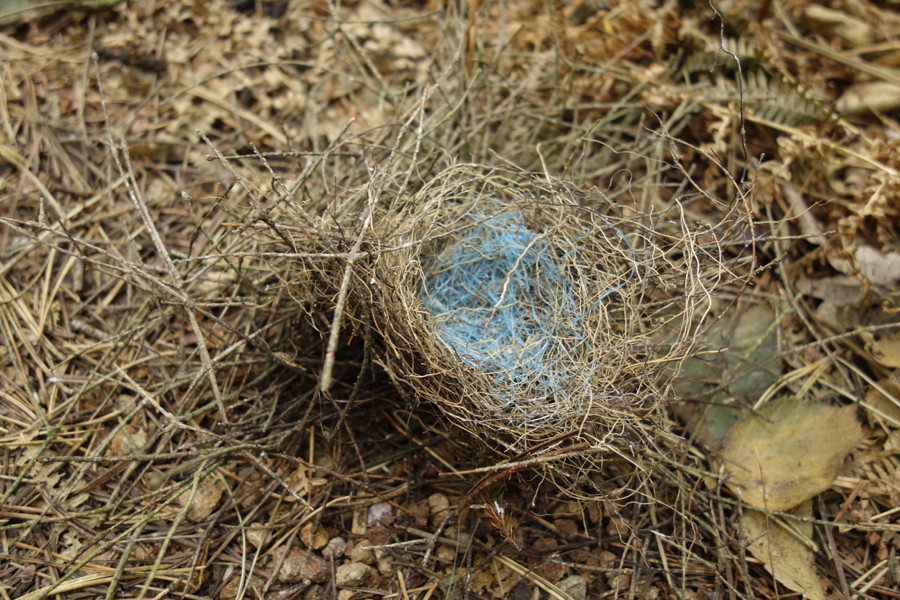CONTREPOINTS
extended vocal techniques et contrepoint contemporain

“Par un jeu de rythmes progressants de sources indépendantes se constitue le contrepoint situatif : en un moment exquis, un désaccord lancinant, en une polyphonie élaborée.”
Ce projet est financé par une bourse du Musikfonds Berlin
0
„He looked into the hedge, into its intricacy, its darkness.“ – V. Woolf, To the Lighthouse
1
La Commissaire (1967). film de Alexander Askoldow : une commissaire de l’Armée Rouge est suspendue de ses fonctions et logée chez une famille juive modeste à quelques lieux de la ligne du front pour donner naissance à son enfant. Le soir, les mères, russe et juive, chantent et bercent leurs bébés chaqu’une de son côté. Des deux chambres naît un contrepoint polytonal aléatoire.
2
Einstimmige Hohelied-Antiphonen des 9.-14. Jh., vom Sprachduktus-Notat zu textspezifischen Melismen, resonnieren mit dem Celan-Zyklus für Alt von Reimann.
3
20.2.22, Badenweiler. Wiese und Weinberg in steiler Südhanglage, darunter ein Weg wie ein steinerner cantusfirmus. Plötzlich laute Rufe, russisch? ukrainisch? eine heftige Diskussion über den gerade beginnenden Krieg. Später torkeln die vier Männer mit zwei großen, schweren Koffern den Berg hinauf, so betrunken, sie können sich nicht auf den Beinen halten. Bei jedem Halt ein Glas Wodka (die Altstimme) für jeden. Die nächste Straße, der Bus sind in diesem Zustand fußläufig nicht erreichbar. Oberhalb, in der Wiese, Chor II: 2 Mädchen mit Vätern lassen Drachen steigen. Hoch oben der Drache mit weißem Doppelschweif: ein Feeenwesen (Oboe).
voici une vidéo de “alphabêtise”, appartenant au contrepoints “0” – sotto voce vaudeville in the woods”, prise d’une répétition en octobre 2022.
ADDENDUM:
Corona Killed my Comeback (2020)
error:FAILED TO KILL (2022)
“Und die Sonne Homers, siehe! sie lächelt auch uns.”
Fr. Schiller, Der Spaziergang
idealistische Spaziergänge in 12 Permutationen
promenades idéalistes en 12 permutations
Performances of Schillers elegy “Der Spaziergang” (The Walk, 1795), treating the fundamental question of wo*man’s relationship to Nature, to Culture.
Performances nobody ever saw and nobody ever “showed”
Nothing but a stroll in the parc, in the woods
But as soon as someone was
Just out of sight
Yet within hearing distance
I performed
Sotto voce
according to wabi-sabi1
No media coverage
Nothing left but thoughts of
Walks
Poems
Sounds of the human voice
And trees
1wikipedia lets us know: “If an object or expression can bring about, within us, a sense of serene melancholy and a spiritual longing, then that object could be said to be wabi-sabi.” (Juniper, Andrew, 2003. Wabi Sabi: The Japanese Art of Impermanence. Tuttle Publishing.) For Richard Powell, “Wabi-sabi nurtures all that is authentic by acknowledging three simple realities: nothing lasts, nothing is finished, and nothing is perfect.” (Powell, Richard R., 2004. Wabi Sabi Simple. Adams Media.)
Some traces of this work will appear in my current pieces, as in “alphabêtise”
